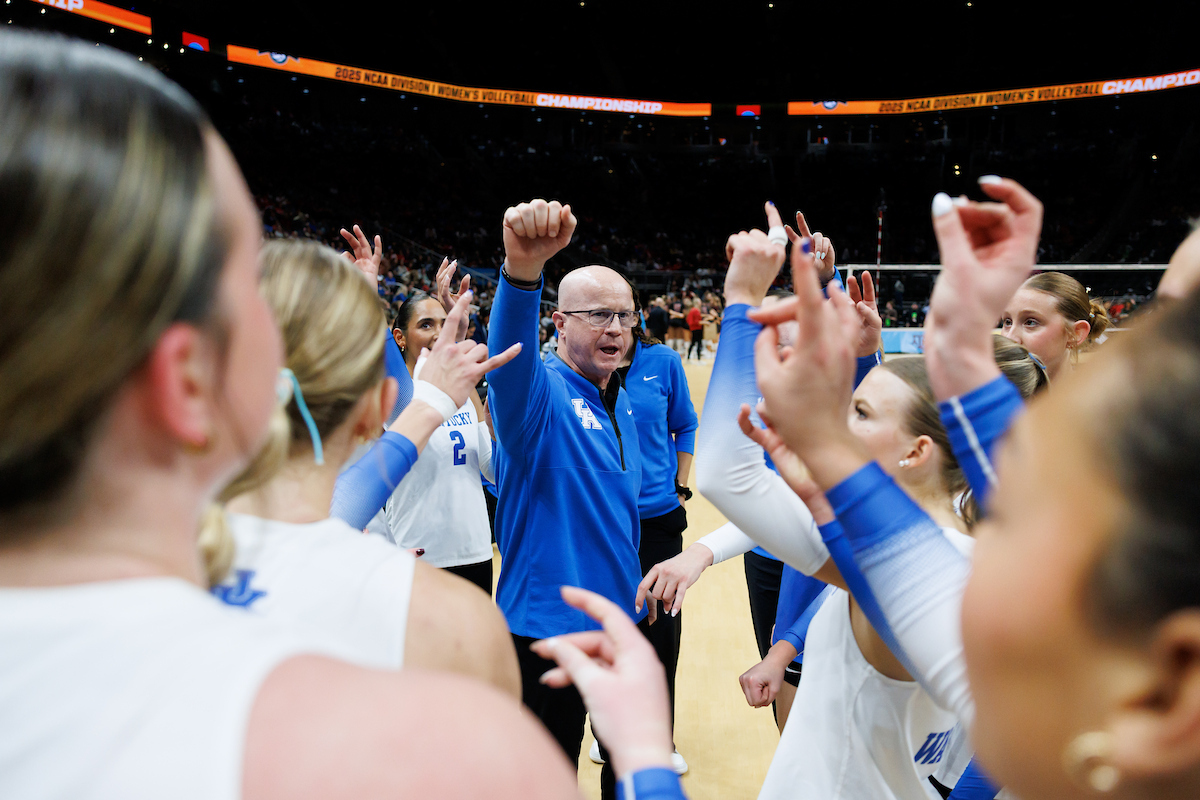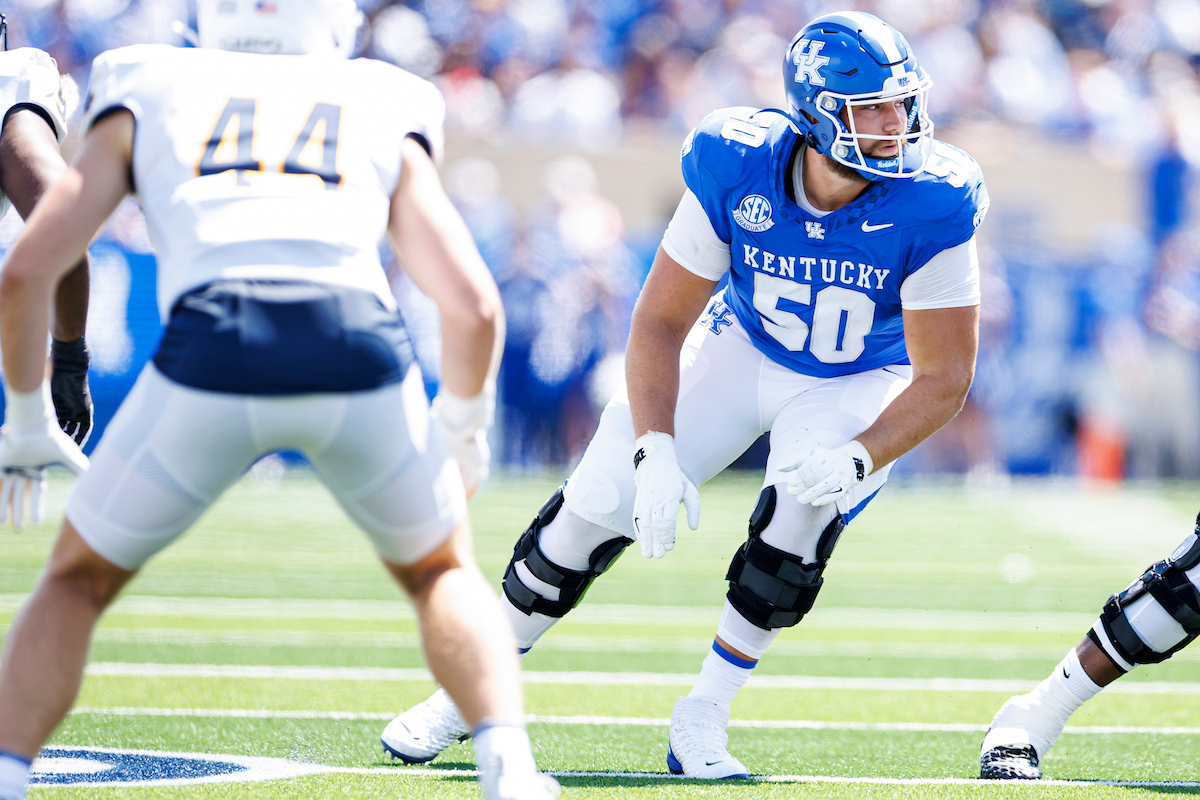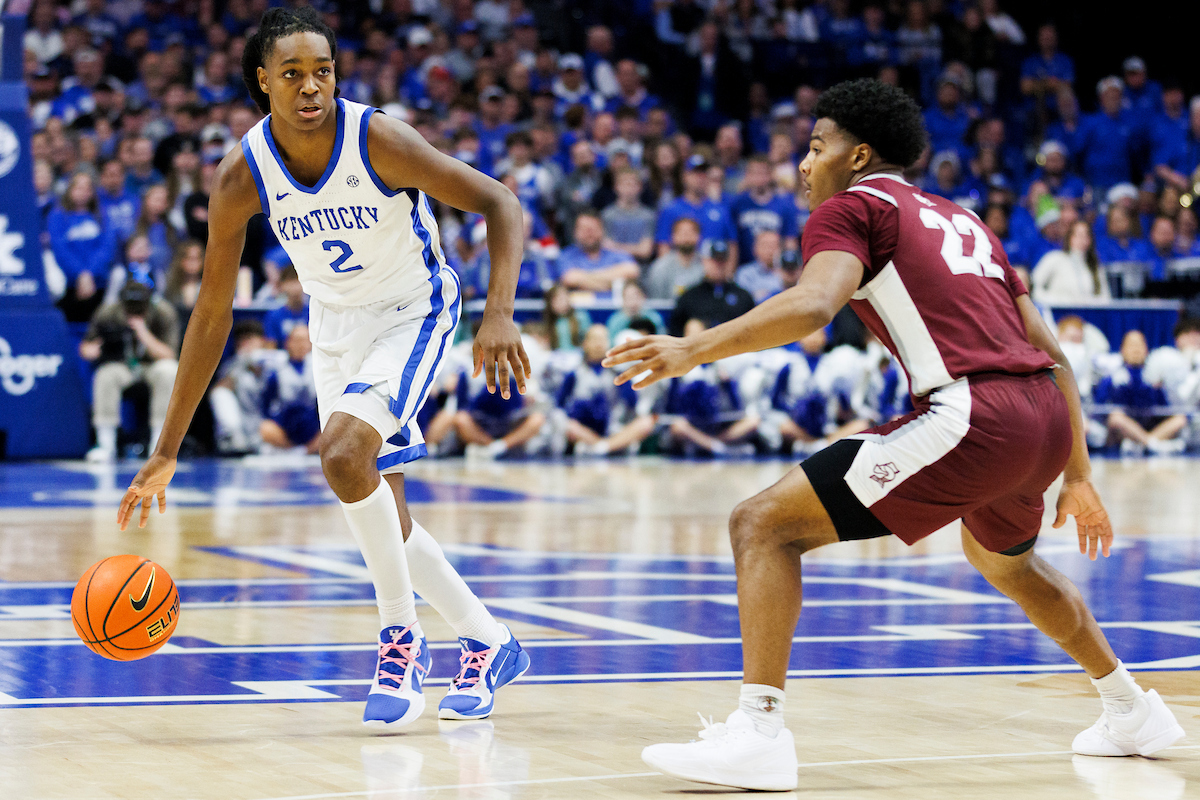- Representative of Athletics Interest – (Bylaw 13.02.12)
Representatives of athletics interest – Casual conversation frequently uses the term “booster” to refer to these individuals. Under NCAA rules, a “representative of the institution’s athletics interest, is any individual that has ever:
A) contributed to the athletics department or it’s booster club.”
B) joined the institution’s booster club.”
C) assisted in recruiting prospective student-athletes.”
D) provided benefits (e.g. summer job) to enrolled student-athletes.”
E) promoted the institution’s athletics program.”
Please note three important points regarding this definition:
1. It is very easy to meet one of these criterion, thus each institution has thousands of athletics representatives.
2. Once an individual becomes a representative of the institutions athletics interest, he or she retains that identity forever.
3. Under NCAA rules, the institution is responsible for all actions of it’s athletic representatives.
- Prospective Student-Athlete – (Bylaw 13.02.10)
A prospective student-athlete (“prospect”) is a person who has started classes for the ninth grade. A student-athlete who has not started classes for the ninth grade becomes a prospective student-athlete if the individual receives any benefits from an institution or representative of an institution’s athletics interest. Actions taken by athletic staff members, that cause a student-athlete to become a prospective student-athlete, include:
a) Providing a prospect an expense paid visit to a collegiate institution.
b) Having an arranged in-person encounter with the student-athlete.
c) Initiating or arranging telephone contact with a prospect or family member.
- Contact – (Bylaw 13.02.3)
A contact is any face-to-face encounter between a prospect or the prospect’s parents, relatives or legal guardian(s) and an institutional staff member or athletics representative during which any dialogue occurs in excess of an exchange of a greeting. Any such face-to-face encounter that is prearranged or that takes place on the grounds of the prospect’s educational institution or at the site of organized competition or practice involving the prospect or the prospect’s high school, preparatory school, two-year college or all-star team shall be considered a contact, regardless of the conversation that occurs.
- Evaluation – (Bylaw 13.02.6)
A visit to a prospect’s high school, preparatory school or two year college, or an evaluation at any site that occurs during a contact period shall constitute a contact for that particular week even if no contact is made with a prospect.
- Quiet Period – (Bylaw 13.02.4.3)
A period of time when it is permissible to make in-person recruiting contacts only on the member institution’s campus. No in-person, off-campus recruiting contacts or evaluations may be made during the quiet period.
- Dead Period – (Bylaw 13.02.4.4)
A period of time when it is not permissible to make in-person recruiting contacts or evaluations on or off the member institution’s campus or to permit official or unofficial visits by prospects to the institution’s campus. The provision of complimentary admissions to a prospect during a dead period is prohibited, except as provided for a prospect who visits an institution as part of a group. During such a dead period, a coaching staff member may not serve as a speaker at or attend a meeting or banquet at which prospects are in attendance, and may not visit the prospect’s educational institutions. It remains permissible, however, for an institutional staff member to write or telephone prospects during such a dead period.
For reference to specific rules and regulation listed above, please see: .



